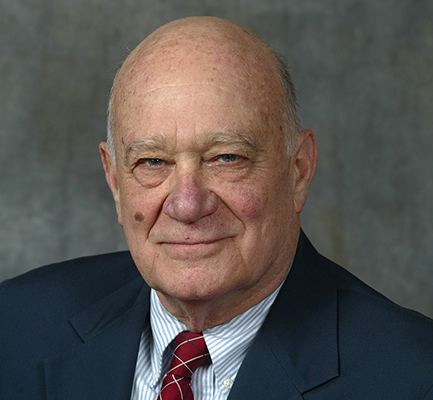
My dear readers, I am so delighted that many of you have been in touch about sharing my enthusiasm for following Walt Whitman’s “Open Road” in the pursuit of happiness. Given the horrors of the pandemic year, it is not surprising that we are eager to turn a corner to positivity.
In the next few columns, I plan to explore how folks define happiness – and how they seek it (and with what levels of satisfaction).
But, first, I’ll make some comparisons with Freud’s book of nearly a century ago, “Civilization and its Discontents.” My purpose is not to go far into Freud’s deep psychological discussions of the “clash for individuality and expectations of society.”
Rather, I want to address two themes that readers have raised regarding how impediments intrude and disrupt the pursuit of happiness. One of these is discussed by my long-ago friend, Jules Feiffer in his book and movie “Little Murders.”
The very creative Feiffer (now in his 90s) wrote that instead of being killed outright, it is more painful to succumb to a succession of “little murders” over time (words and actions that assail your spirit and sense of well-being, e.g., insults, unwarranted criticism, social rejection, continuing attacks).
Little murders can be intentional or accidental, the same from family members (although the impact from those closest to you can be more severe). I got to know Feiffer through his marvelous Social Studies teacher, who was my graduate student at Hofstra. She told me that many of Feiffer’s examples came from his own family – a reinforcing alert of perpetrators and victims of “little murders.”
Not all these assaults can end the happiness path, but they can distract and diminish. I was tempted to start with this perspective because of what happened to my previous column in this newspaper. Editors sometimes revise my titles (and sometimes improve them).
But last week’s staff member made two big mistakes: s/he got rid of my title, and then substituted a totally erroneous one. The title printed in the paper read: “Follow Whiteman’s road to see who is happiest.”
Readers began contacting me immediately asking if I was upset because an article that referenced Walt Whitman shifted to “Whiteman.” The readers were upset. Was this a “little murder?” Yes, but like others it needs to be weighed in a larger context. Ironically, this “little murder” might have served the positive purpose of getting more people to read the essay and learning more about Whitman.
One other example of intrusions on happiness (among many) was also cited by my former students and one family member. It is always a pleasant surprise and affirmation when thoughtful folks retrieve ideas from the past and show their relevance for now, sort of like Alan Jacobs’ book, “Breaking Bread With the Dead.”
It did not surprise me that first daughter, Maria, raised these two examples. Like my other three children and group of grandchildren our family is fortunate that folks are eager to practice Da Vinci’s “Curiosita.”
Maria reminded me of discussions decades ago of a literary discourse between novelists Henry Miller and Erica Jong. The “Fear of Flying” author argued that the most powerful lesson from Miller was to be aware of (and deal with) what he called “The Death People” (folks of negativity who dampen your spirit and who are to be avoided because they won’t contribute to the happiness pursuit.
These cautionary examples can affect – and deflect – any of us. We need to be mindful of such negatives if we want satisfying happiness pursuits.
There are many common sense paths to happiness that will be considered (of course, it is important to understand how folks define happiness!). At the very minimum, happiness is fostered by a satisfactory completion of a process.
Going deeper on Whitman’s “Open Road,” I and many others are eager to adopt the views of Franklin and Jefferson, that most people are characterized by benevolence, and they are eager to build caring relationship bonds that connect the personal with the social.
Many stimulating and valuable examples will be heading your way.






